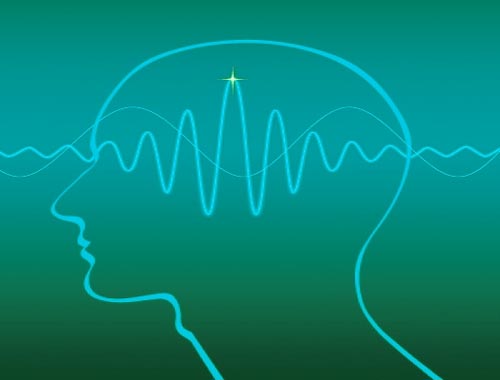Night epilepsy (Nocturnal epilepsy)
Some form of epilepsy may occur during sleep, but some types of epilepsy are more likely to be restricted exclusively to sleep. Some people have seizures occur only during sleep while others have both daytime and nocturnal seizures. Because the seizures occur during sleep, nocturnal epilepsy sufferers may be unsure whether they are even having seizures. Upon awakening in the morning, you may sense that something has occurred but have no memory of it. You may be exhausted or sore but not sure why. A doctor can administer tests to determine whether you are having nocturnal seizures. Studies have shown that 10 - 45% of people with epilepsy have seizures that occur predominantly or exclusively during sleep or occur with sleep deprivation. Sleep is divided into many stages. The majority of nocturnal seizures occur in light sleep - soon after falling asleep, before waking or around arousal during the night. This is especially true with temporal lobe seizures, myoclonic seizures, and atypical absence spells. Although the mechanism is poorly understood, there is evidence that sleep activity may influence seizures. It is thought that the change of state has an influence on the epileptic activity, and during sleep there are a lot of changes. Some seizures also seem to occur predominantly at certain times of the sleep cycle. Nocturnal seizures are difficult to detect by the patient. However, they have severe repercussion during the day. Patient feels drowsy and sleepy during the daytime. There are several symptoms related to nocturnal seizures. But they are not considered alone while diagnosing epilepsy.
